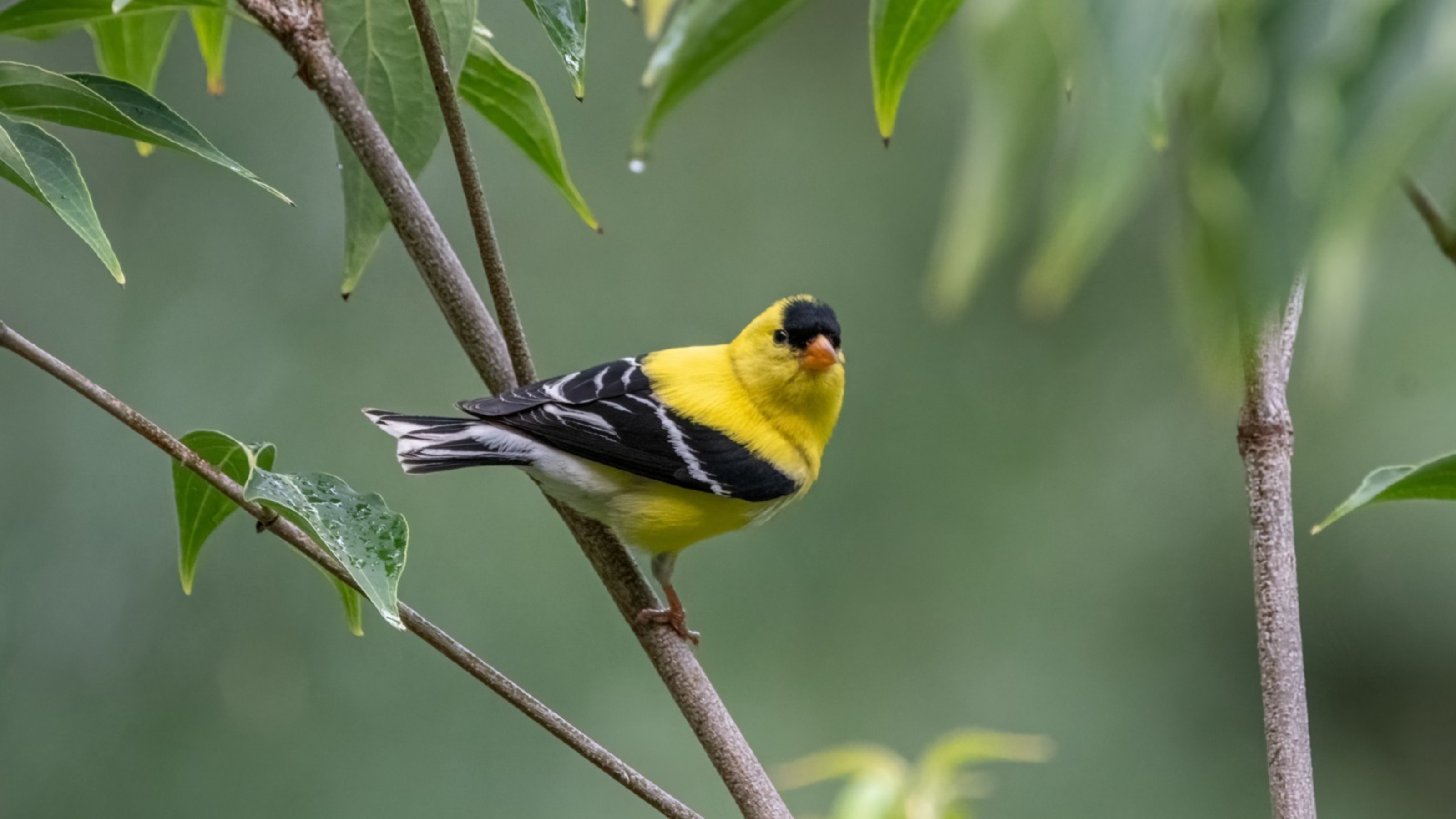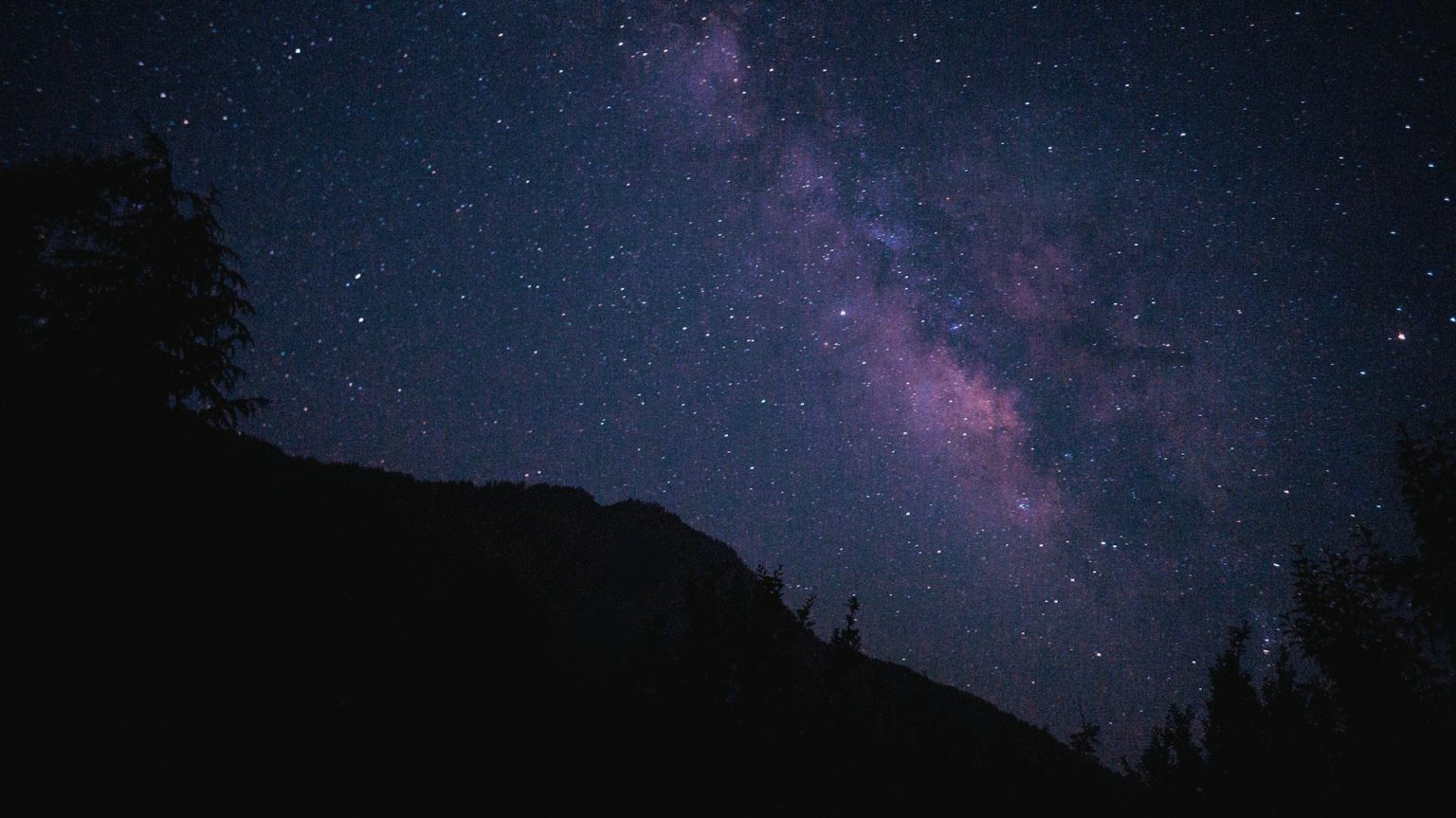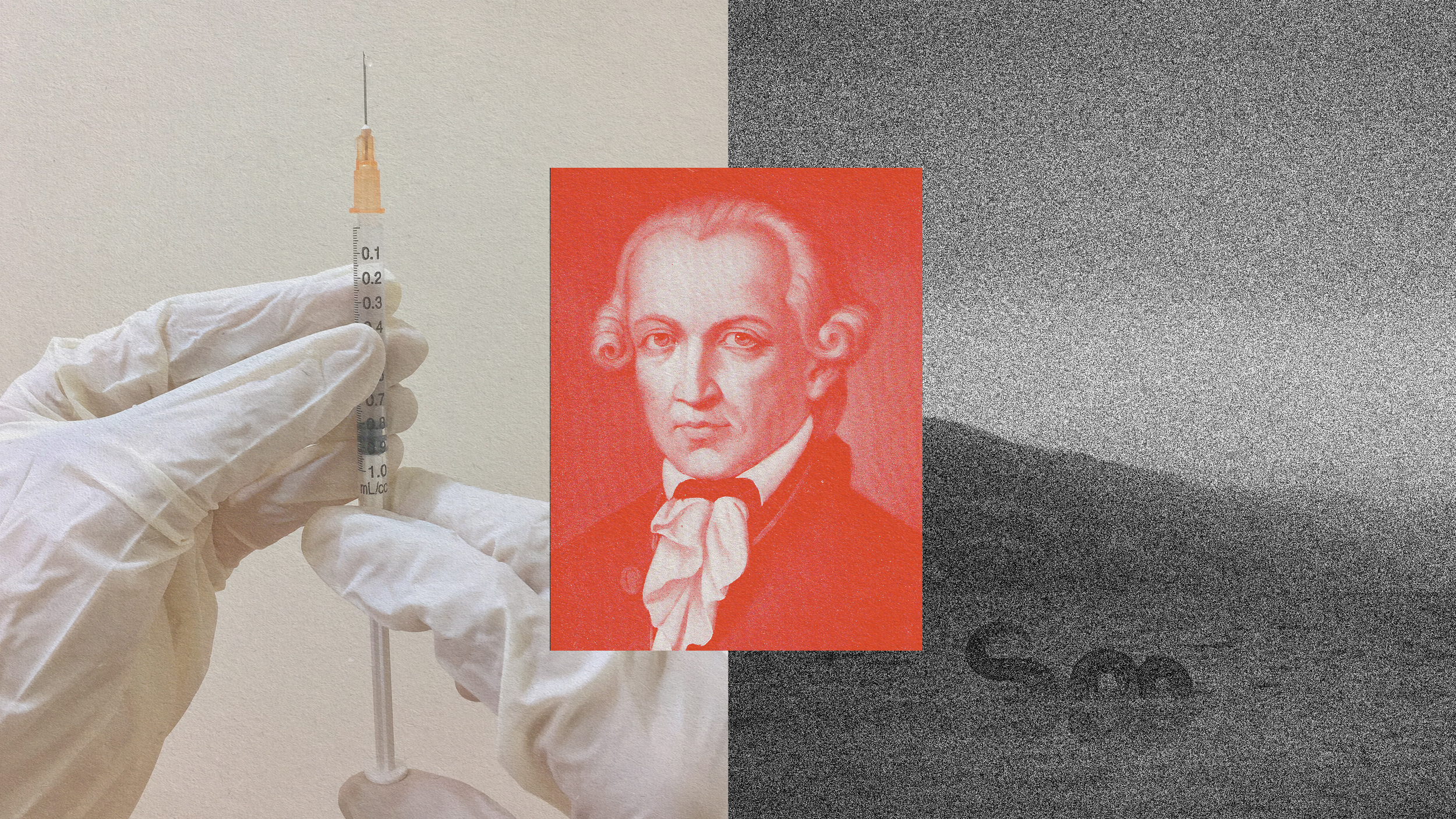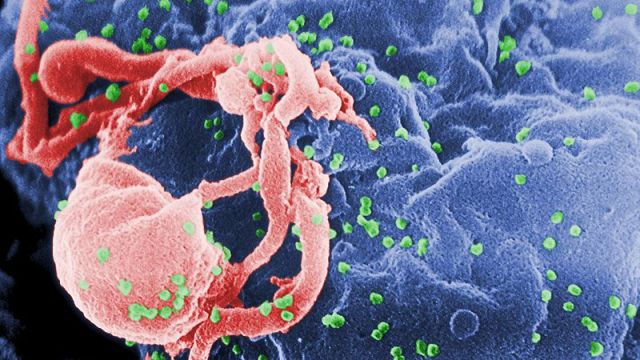What Do I Stand For? The Postmodern Predicament – Part 2
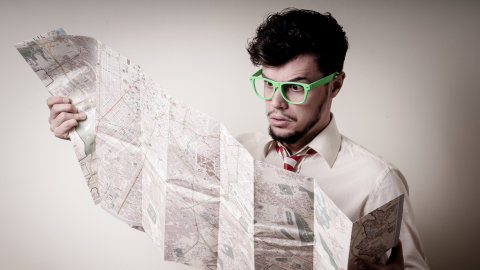
Last week, I published the first in a three-part dialogue between myself and the Danish psychotherapist Ole Vadum Dahl. In the article, Ole and I are exploring some of our observations about what I call “the postmodern predicament,” and how this cultural epidemic is playing itself out in his native Denmark. In part 1, Ole laid out the many ways in which he’s observed that young people in Denmark (one of the most developed and progressive countries on earth) are suffering from a kind of existential crisis of meaning and purpose, and attempting to fill this gap in themselves by indulging in vices like alcohol, drugs, and pornography.
In part 2 below, Ole and I start to unpack just how Denmark (and other pockets of progressive culture around the world suffering from similar issues) got into this situation.
—————————————————————————
What Do I Stand For? The Postmodern Predicament
By Andrew Cohen & Ole Vadum Dahl
PART 2
ANDREW: Ole, I believe that the situation you describe is an existential catastrophe at the level of culture. I think our children are lost because their parents are lost. No matter how crazy and alienated our culture may be, if our parents are conscious people—morally and spiritually developed—their children will be less likely to be seduced by the rampant narcissism and empty materialism of spoiled and wealthy postmodern culture. So in the end, I guess I see the answer as being less about our children and more about ourselves.
If children grow up in an atmosphere where higher values are openly shared, spoken about, and embraced, then that will affect them at a very deep level—at the level of their souls. If our parents are unafraid of life, they will transmit to their children a message that says it’s good to be alive. If our parents are living lives that are inspired by meaning and purpose, their children will be exposed to the dignity and self-respect that results from knowing who we are and why we’re here. This kind of healthy and wholesome environment gives rise to trust and positive motivations for young people. It also reveals to them that there is another perspective than the one they receive from their friends or their teachers or the internet.
The problem is that too many parents these days suffer from a deep lack of self-confidence themselves. In a culture of such privilege, too few have struggled with life’s biggest questions and therefore, understandably, haven’t found any big answers. Without that kind of spiritual struggle, it’s difficult to have much to offer to our children except for our own existential confusion and lack of depth.
I don’t have children myself, but I’ve always believed that it shouldn’t be very difficult to bring a young person into the world. The reason I believe that is because I struggle ongoingly to find my own way. I struggle with big questions of meaning—questions like, “Who am I?” and “Why am I here?” Every single day, I make the effort to be a philosopher, even if it’s only for a few minutes, and ask myself, “Am I seeing reality clearly or not?”
After many years of doing this, I’ve come to the conclusion that we live in a moral universe. But it’s up to us to bring that truth into reality through our own awakened choices and inspired actions. Spiritually, I struggle every day so that I can experience more depth than my unruly ego would normally allow if left to it’s own devices. Because I’m willing to struggle in this way I no longer feel victimized. And when I’m no longer a victim, I gain control of my own destiny.
So Ole, if I had children, I would encourage them to live their lives not only for their own sake, but for the sake of others. I would explain to them how precious life is and how time is the most important thing that we have and that it mustn’t be wasted in self-destructive behavior. I think we both know that children are smart, sensitive, and very intuitive. If we preach to them with big words and big ideas, but don’ t live up to our own proclamations, they will not respect us. But if our life philosophy is powerful and rational, and as a result we express what I call “spiritual self-confidence,” in public and in private, this will make a very strong impression on a young mind. We will become very attractive human beings to our children. They will look up to us and they will want us not only to love them, but even more importantly to respect them.
Too many parents these days don’t love their children enough to demand more from them. They think loving their children means leaving them alone. But I don’t believe that. If we leave our children alone, the madness of a culture that is not driven by deeper meaning and higher purpose will consume their hearts and minds.
So my friend Ole, do you agree?
OLE: Absolutely. And I think that lately we’re starting to see some pretty significant consequences of this kind of misunderstood freedom and lack of spiritual and moral role models.
Let me give a couple of examples.
In late February each year we have a winter holiday in Denmark where schools and universities close down for a week. During this time, a lot of young people take trips to some of the bigger European cities to spend the week partying. This year Prague has been one of the most popular destinations, and the media has been full of stories of the young Danes’ bad behavior: Fights with the police, destroyed hotel rooms, and no less than 28 young Danes hospitalized in Prague for alcohol-related issues.
The problem has been so embarrassing this year that the Danish Minister of Foreign Affairs decided to take action. The way he chose to deal with the situation, however, was surprising and symptomatic of how we tend to deal with our children in this country. Instead of confronting the young people and their parents, he tried to hold the travel agencies who book the trips responsible for the problem!
We see a somewhat similar situation in our schools. Schoolteachers have told me that many parents are starting to expect the teachers to raise their kids and teach them how to behave, so that they don’t have to do it themselves. These parents are apparently very uncomfortable being seen as authorities by their children. They would rather be friends than parents. Some parents—particularly some mothers—even go so far as to get “pal” tattoos or text together with their daughters. I tend to consider this to be a sign of immaturity on the part of the parents.
In Denmark, we call this new generation of young people the “curling generation,” because any obstacles they may face are being “brushed” away in front of them. They experience very few explicit demands or expectations, they have few teachings of right or wrong, and they receive no lessons in how to behave in a respectful and decent way towards others. For many parents today, this seems to be the recipe for raising children. And as a result of what I consider to be a misplaced sense of “love,” many young people feel lost and uncared for.
So yes I agree it all comes back to the parents.
And so the big question is how are we going to change the situation? How do we help each other ask the big existential questions and find the necessary answers both for ourselves and our children? How do we strengthen our deeper sense of self, which can serve as the eye of the hurricane in this chaotic time?
Andrew, as a philosopher and spiritual teacher for many years I’m sure you have some concrete ideas about what we can do to create a brighter future for both ourselves and our children. I’m curious to hear what you have to say about the solution.
Tune in next week to read the answer in the final segment of this series.
—————————————————————————
In celebration of national meditation month, we’re offering a 25% discount on Andrew Cohen’s 90-minute audio, A Guide to Freedom: Discovering the True Purpose of Meditation. In this premium audio, recorded during a virtual retreat, Andrew guides you in a step-by-step journey into the ground of all being.
Buy your copy of A Guide to Freedom before the end of May to get your 25% discount. >>Download now.
Photo © Eugenio Marongiu – Fotolia.com
